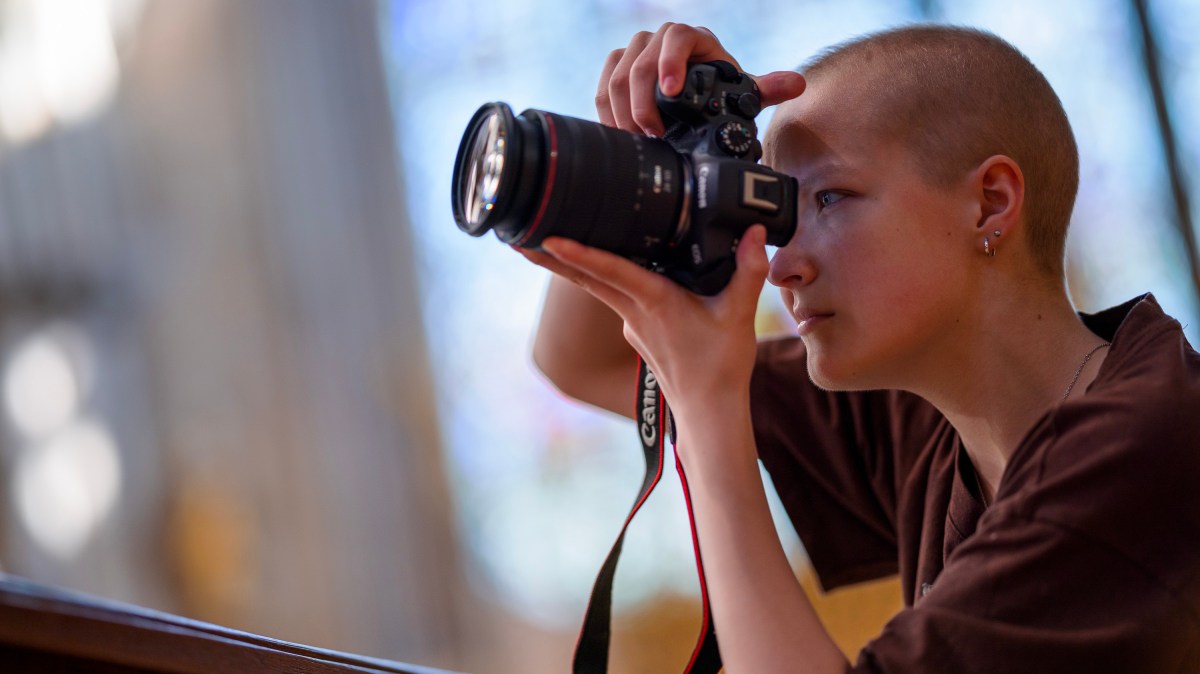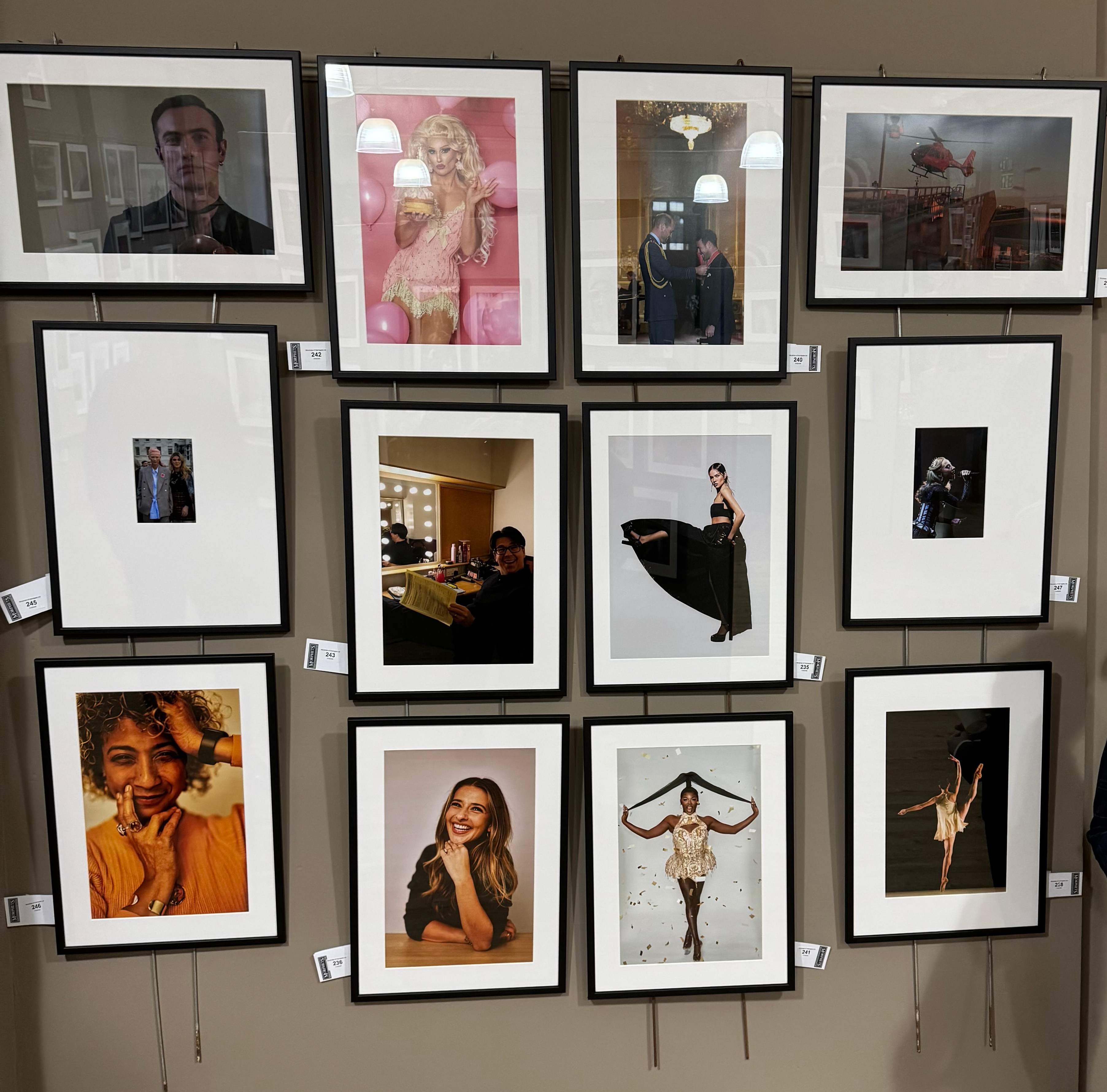Photographs taken by a teenage photographer who inspired the Princess of Wales have been auctioned off posthumously in aid of charity.
Stills taken by Liz Hatton, who died at the age of 17 after a rare cancer diagnosis, have been auctioned off in Harrogate to raise money for research into the condition.
A majority of the photographs were taken in the last weeks of Hatton’s life, before she died on November 27 last year.
The auction has so far raised £1,000, with more money expected as fans of the photographer bid for the remaining pieces.
The sale, at Morphet’s of Harrogate auctioneers, was supported by Photographers United and the auction house, meaning all money raised will go towards funding research.
Vicky Robayna, Hatton’s mother, said: “No matter how ill she felt, she had that camera. For us, every photograph is infinitely precious because behind the wonderful photo that the world sees is a whole memory of an incredible day that she spent, determined to take photos”.
“Liz always said it was about capturing emotion. She loved to capture the emotion on people’s faces. As she got iller, she said it was a way of transporting herself away from the day to day of her illness. When she was behind her camera, it was something completely different to focus on. That meant she didn’t have to think about being ill, about pain, about the future,” her mother added.
Liz Hatton met the Princess of Wales when she was invited to photograph an investiture ceremony at Windsor
ANDREW PARSONS / KENSINGTON PALA
Hatton was diagnosed with desmoplastic small round cell tumour at the beginning of last year and began a photography bucket list to fulfil her dreams with the art form before her death. She was able to work with the likes of celebrity photographers such as Rankin, Gareth Cattermole and Richard Heathcote.
The teenager met the Prince and Princess of Wales in October 2024, who said the photographer’s “creativity and strength” had “inspired us both”.
In October she photographed the harvest thanksgiving floral display at Ripon Cathedral, for The Times.
TIMES PHOTOGRAPHER JAMES GLOSSOP
“She was utterly determined,” Robayna said. “She was taking photos until five days before she died at the Royal Variety Show. In fact, that morning I said to her, ‘Liz, you’re really tired now, I think maybe it’s time to go home and be able to sleep in your own bed.’
“She looked at me like I was an absolute lunatic and said, ‘Mum do you realise how few people get invited here? […] do you know how important it is? And I said, ‘I do Liz, yeah’.
“And she was like ‘well we’re not going home then are we?’ that was very much her attitude. She woke up every morning and grabbed whatever opportunity came her way.”
Some of the images being auctioned
The type of cancer Liz had is extremely rare, with only 12 diagnoses made each year. It is so rare, there is no standard treatment protocol for the disease. “There’s only a 15 per cent five-year survival rate for those with desmoplastic small round cell tumour. Once it’s metastasised to the liver, which it had with Liz by the time we found it, there are no long term survivors at all,” Robayna said.
Her family are aiming to raise £100,000 to fund the first piece of research — a guide to the under-studied condition, which they hope will be useful to those diagnosed with it, and for researchers looking to study the condition.
So far they have raised nearly £80,000.




